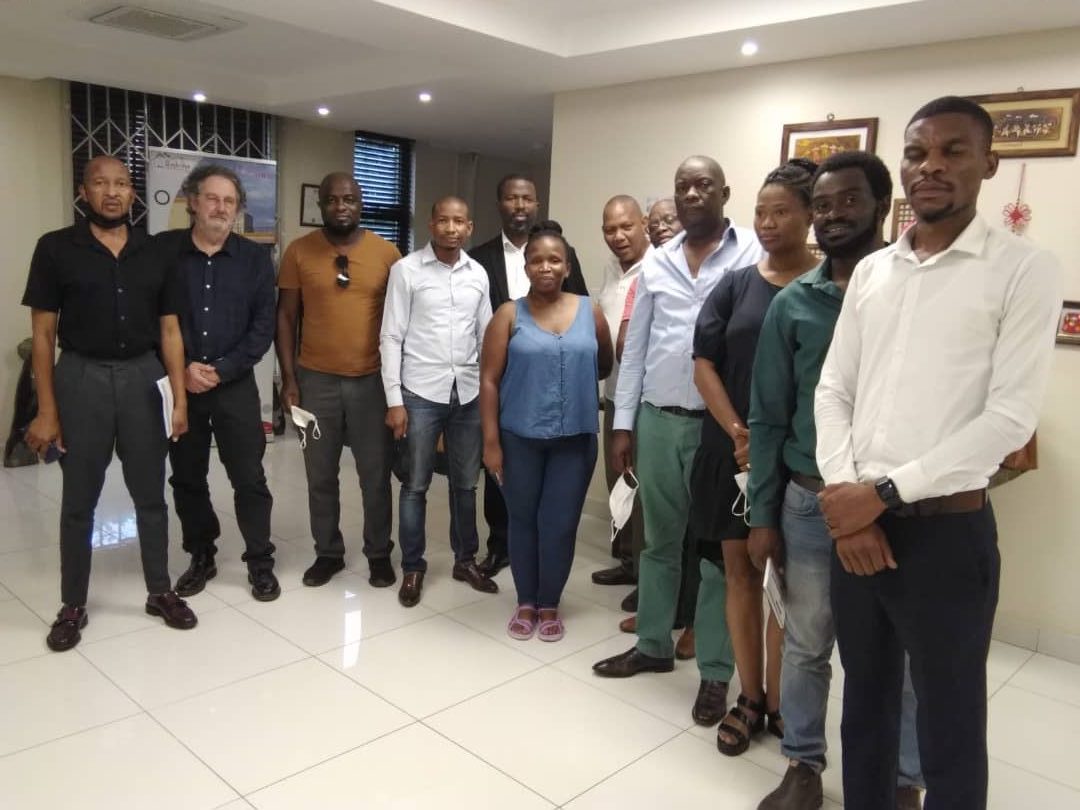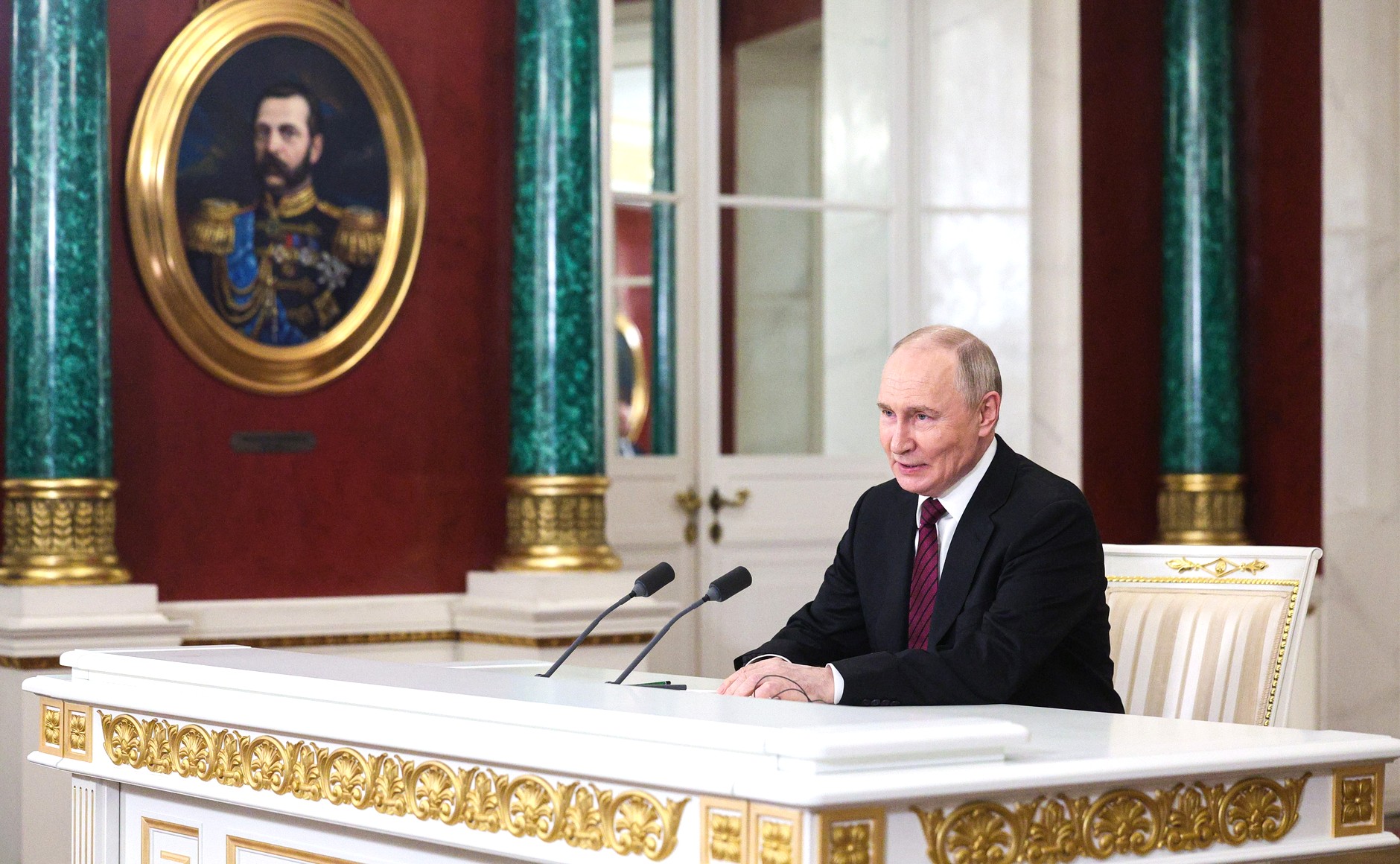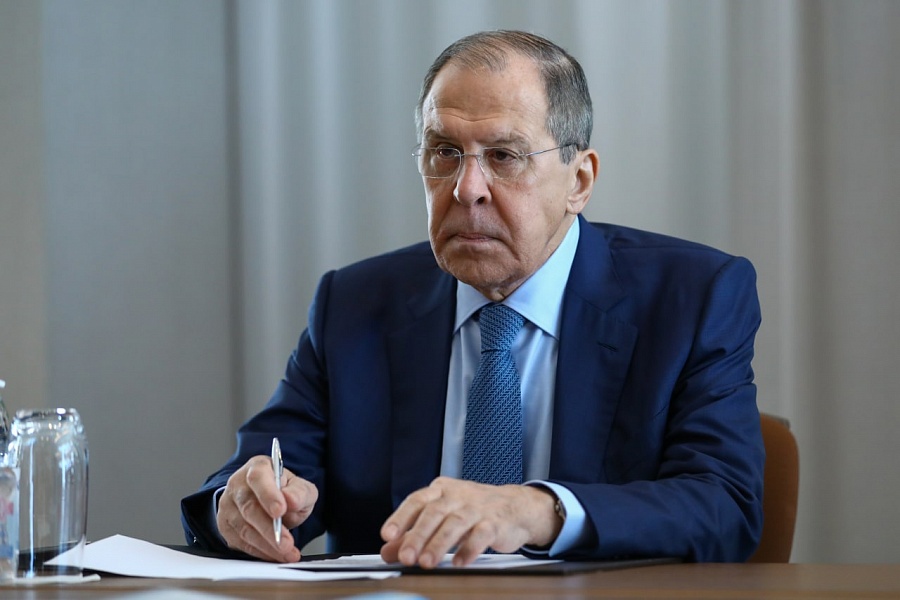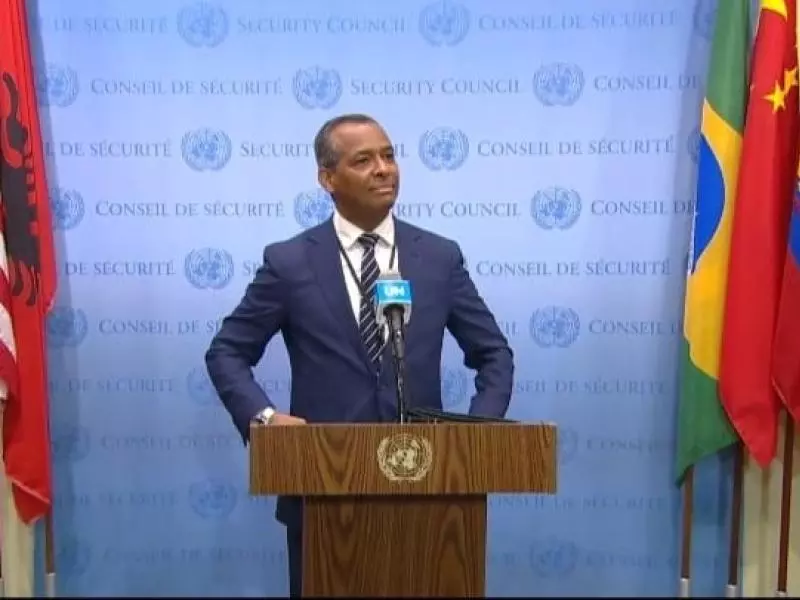
Members of the Fourth Estate came in full force to mount a united front against the notorious Spy Bill
The Pan Afrikanist Watchman
The coalition of Southern African journalist organisations met in Gaborone this week, led by the Botswana Editors’ Forum (BEF), to investigate the country’s new controversial Criminal Procedure and Evidence Bill.
Following a spirited campaign to oppose the Bill by the country’s civil society organizations; opposition Members of Parliament; the local Press as well as the Law Society of Botswana – the government bowed to pressure and introduced new amendments to the Bill, which the coalition of journalists’ organisations has welcomed.

The amendments released by Defense, Justice and Security Minister, Kagiso Mmusi, reinstated judicial oversight over surveillance, interceptions and seizures.
Under the new amendments, the abuse of these powers is also criminalized while a new committee, headed by a judge and with extensive powers, to oversee undercover investigations, has been introduced.
The coalition of organisations representing journalists across the SADC region had gathered in Gaborone in response to the government’s plan to push through parliament a law that would have threatened the work of journalists and the country’s media freedom and free expression.
The coalition was led by the BEF and included the Press Council of Botswana, MISA Botswana, the Southern African Editors’ Forum (Saef), the Media Institute of Southern Africa, the Campaign for Free Expression (CFE) and the WAN-Ifra Media Freedom Committee.
This group asked to meet the President and other government officials to discuss their objections to the Bill. However, the request was courteously declined by redirecting it to the minster that sponsored the Bill with the option to escalate to the Vice President, Slumber Tsogwane, who is the Leader of the House representing government business in Parliament.
Press Secretary to the President Batlhalefi Leagajang would later tell the state-owned Radio Botswana that this does not however imply that President Dr. Mogweetsi Masisi has capitulated on his promise to defend the constitution and defend the people’s rights.
The coalition’s meeting was a strong show of solidarity that highlighted the concern with a draft law that African Editors Forum chair Jovial Rantao called “draconian”.
The government’s latest amendments to the Bill removed clauses that would allow authorities to keep citizens under surveillance and conduct undercover operations without a warrant for up to 14 days.
It went further and criminalized the abuse of these powers, with penalties of up to life imprisonment. The new Controlled Investigations Coordination Committee will coordinate such investigations and also “protect the interests of interception subjects and targets”.
The committee will be headed by a judge and has strong powers to “impose administrative sanctions, award compensation, and issue and follow up enforcement procedures”. Its decisions will have “the same effect as a judgment of the court”.
“In our view, this is not a perfect Bill, but we are prepared to live with it as part of a trade-off that citizens make in a democratic society to help the state fight modern-day crimes like financial terrorism and money-laundering,” Spencer Mogapi of the BEF, said.
“I want to thank media colleagues from the region and abroad who came to show solidarity with us in Botswana at a time when we felt that the future was all dark,” he said.
He appreciated the fact that the government heard the concerns and quickly made changes to improve the Bill, adding that it is a very positive sign when governments respond in this way.
“From a Bill that threatened media freedom, Botswana now has one that regulates covert investigations. It is not perfect, but – if implemented properly – can have positive effects”, Anton Harber of CFE said.
And for his part, Joseph Ailonga of SAEF said they welcome these amendments and would want to encourage “our colleagues in Botswana to now focus on the implementation of this Bill once passed”.
Tabani Moyo, MISA regional director, said they welcome the government’s decision to water down the bill, although more needs to be done to balance citizens’ right to privacy and national security.
“We will continue to engage with the government and citizens to ensure that rights are protected”, Moyo said.
BACKGROUND
The foreign media delegation jetted into the capital city, Gaborone, Thursday February 3, 2022 and headed to Staybridge hotel where they were met by a host of local editors, among them, Sunday Standard’s Outsa Mokone; Botswana Gazette’s (online) Lawrence Seretse; and Sello Motseta of the country’s first online publication, Tswana Times.
Other local media representatives included Managing Editor of The Patriot, Mpho Dibeela; Emang Bokhutlo of The Voice and Ernest Moloi representing the Botswana Guardian and The Midweek Sun newspapers.
In the afternoon, following a hectic to and fro effort by Mogapi and Bokhutlo to extract a legal opinion from renowned attorney, Kgosi Ngakaagae, tensions seemed to ebb.
The entire group, including the foreign media delegation, got locked into a 30-minutes pep talk during which Ngakaagae proffered his legal opinion and gave the local media their options to respond to the Bill.
The Criminal Procedure and Evidence (Controlled Investigations) Bill, 2022, was brought to Parliament under a certificate of urgency. The ground for its promulgation was necessary compliance with the recommendations of the Financial Action Task Force (FATF), a body of over 200 countries.
It exists among others, to encourage nations to develop their financial systems as a necessary safeguard against money laundering and terrorism financing. Although membership to FATF is voluntary and the body does not have any punitive powers over its members, countries with weak financial controls suffer what is called ‘grey-listing’ – a euphemism for ‘blacklisting’.
Grey-listing status is a warning to the international community signaling weak legislative or policy vulnerability with regard to anti money laundering and terrorism financing.
A grey listed country (as was recently the case with Botswana) is considered a threat to the international finance system. As such countries dealing with it are urged caution, and may have to impose stricter controls to ensure that their financial systems are not compromised when dealing with affected countries.
Ngakaagae explained that a country that is mot grey listed, enjoys relatively unimpeded access to the international finance system, subject only to domestic policy imperatives.
Since the FATF does not impose any punitive sanctions on non-compliant countries, it is up to every member state to develop its legislation to meet the basic safeguards or recommendations set consistent with civil liberties and human rights imperatives. The FATF recommendations, posited Ngakaagae, do not permit, expressly or impliedly, flagrant disregard of civil liberties.
Although communication interception and undercover investigations are some of the tools envisaged by the recommendations as necessary for combating money laundering and terrorism financing Ngakaagae warned that by nature, these tools are in conflict with civil liberties, including the but not limited to the right to privacy; freedom of speech; protection of the law and the right to fair trial – all of which are guaranteed by the constitution.
The Framework of the Bill
Ngakaagae explained that from the get go, the title of the Bill, as initially set out, was a misnomer and is in fact in conflict with the nearly identically-named ‘Criminal Procedure and Evidence Act (Capo8:02)’ Laws of Botswana.
He said that the naming of the Bill disguised the substantive purport of the legislation. The Bill, he said, had very little, if anything, to do with Criminal Procedure. There were no provisions in conflict with, or or in substitution of the conventional, statutory, criminal procedure framework under the existing legislation.
Ngakaagae argued that it is the evidential purport of the legislation that had credence to the extent that the Bill sought to make lawful, the admissibility of intercepted communication for purposes of proof in criminal proceedings. Such admissibility would otherwise be objectionable on constitutional grounds, and would be an indictment on state infraction upon constitutionally protected liberties.
But, now as sought to be amended, Ngakaagae explained that the apparent objective of the Bill appears to be; to establish a legally cognizable framework for undercover investigations; to establish a legally cognizable framework for communication interception; to ensure admissibility of evidence gathered in terms of the Act; protection of operatives; legislation of assumed identities and authorization for retention of intercepted communication.
Ngakaagae highlighted that the Bill as sought to be amended, now makes provision for judicially authorized undercover investigations and communications interception.
Such, however, were not the overriding provisions. To be sure, judicially authorized investigations and interceptions existed parallel to extra judicial authorizations, the only difference, being with regards to time limitations. As such, same was open for abuse as authorities had an unfettered election whether to puruse the judicial, or the extra judicial route.
This problem is substantially cured by the proposed amendments to both Sections 4 and 16 of the proposed Bill. Derogations from constitutional liberties are construed restrictively, and permitted only where there are countervailing imperatives of a constitutional nature, including but not limited to public safety, public health, and the rights of other citizens.
These, find expression I the proposed draft, so that for the the Bill is substantially cured, and permitted infractions constitute an exception to the general rule.
In the balancing exercise, one of the key considerations would be whether un-intrusive, or less intrusive, investigative tools for the achievement of the objectives. In lieu thereof, communication interception may become the primary investigative tool for the law enforcement, with deleterious consequences, on constitutional liberties. The proposed amendment provides for greater restriction on law enforcement, and less scope, for abuse.
Ngakaagae said that Parliamentary powers are captured under Section 86 of the Constitution. They are cast generically, and are rather, wide in ambit. It is prescribed that Parliament, shall make laws for the peace, order and good governance of Botswana. The generality of the same is circumvented by other express provisions of the constitution, for example, Section 88 (6), Ngakaagae told the media.
He said that the constitution does not place any limitation on parliament to enact laws nor does it place limitations on the same, to amend the same. Only the doctrine of ultra vires circumscribes parliamentary powers.









